At Ldn Dares we work closely with the LGTBQIA+ community with our specifically designed LGBTQIA+ Dare Sessions Workshops. We believe no one should be held back in life because of their feelings towards their body, and our mission is to help individuals develop their self-esteem and body confidence in a space where they feel safe and comfortable.
With June being Pride Month, we wanted to do something a little different to celebrate. So, to mark the occasion we asked Ica Niemz, a previous service user and now Facilitator at Ldn Dares, to write a guest blog for us about how we can make drama spaces more accessible for the LGBTQIA+ community. Over to you Ica…
Drama spaces should be accessible to all - whether those people are LGBTQIA+ or not. But, there are some essential things to keep in mind (specifically for your LGBTQIA+ members) when organising your space. This below is not exhaustive and is based on my own experiences working as a trans, queer theatre designer/puppeteer and Facilitator for Ldn Dares.
TOILETS & CHANGING ROOMS
A space that can be so simple but is often turned into a complicated issue. When working for Ldn Dares on the LGBTQIA+ courses, we used spaces run by other organisations. Some buildings may have gender-neutral toilets in place, but some may not. In our set-up we ensure we arrive at the venue early so we can add our own neutral toilet signs. A positive outcome from this was conversations had with the venue on how they could make their toilets more inclusive for any future groups.
DISCLOSURE
Remember that not all people are out in all spaces, for safety or other reasons. If someone discloses to you that they are LGBTQIA+, then you've been given a gift, but remember this is not for you to share or disclose to anyone else. In the LGBTQIA+ sessions at Ldn Dares, in our safe space agreement we included that “what’s said in the room stays in the room”. That way everyone can be reassured and able to fully participate in the experience.
SAFE SPACE
It may seem like the last thing you want to do when you're raring to get on with the workshop, but it is vital. Allow participants to draw up their own safe space together in a group - it’s best to keep it short and to the point.
NAME & PRONOUN
Don’t make an assumption about someone's pronouns based on their appearance. If you are unsure, then ask. It's great to have a visual of everyone's name and pronoun on badges when learning. I’m also a massive fan of including a name and pronoun game. People may change their pronouns over the weeks you are working with them. Give space for this fluidity; keep a couple of spare name badges each week so people can change their name or pronouns without worry.
Ldn Dares names badges used in our workshops.
INCLUSIVE LANGUAGE
As a trans person, it can be highly dissociative to be referred to as “ladies and gentlemen” or “guys or girls”. Apart from being outdated, these two phrases also uphold the binary concept of gender and therefore are not inclusive of all. Instead, I suggest using phrases like “welcome everyone” and “I invite you all”.
CHALLENGE BEHAVIOUR
LGBTQIA+ people experience a disproportionate amount of discrimination; some is not as obvious as you may imagine. In my experience, challenging ‘jokes’ and negative comments is crucial as a facilitator to show what is acceptable and what is not.
LGBTQIA+
The acronym encompasses a wide range of people who will all have different experiences from each other. Although it is sometimes helpful to use the abbreviation, remember the beautiful diversity between the letters. When working with Ldn Dares, I connected and taught better because I had similar experiences to the participants. If you’re thinking about organising a drama space for LGBTQIA+ people, consider why you’re the right person to do so. In your preparation, listen to everyone as an individual and consult with the group you plan to engage.
Written by Ldn Dares Assistant Facilitator Ica Niemz
Although Ica has shared these tips in the context of performing arts, these can be adapted and used in everyday situations to help ensure you and those around you are more included and feel more comfortable. If you have found this useful - please share with a friend via the social buttons below.
Also if you’d like to know more about our LGBTQIA+ Dare Session, please get in touch via team@ldndares.com or completing the inquiry form on our Programs page which can be found here.
Read more about our thinking by checking out our previous blogs here.


